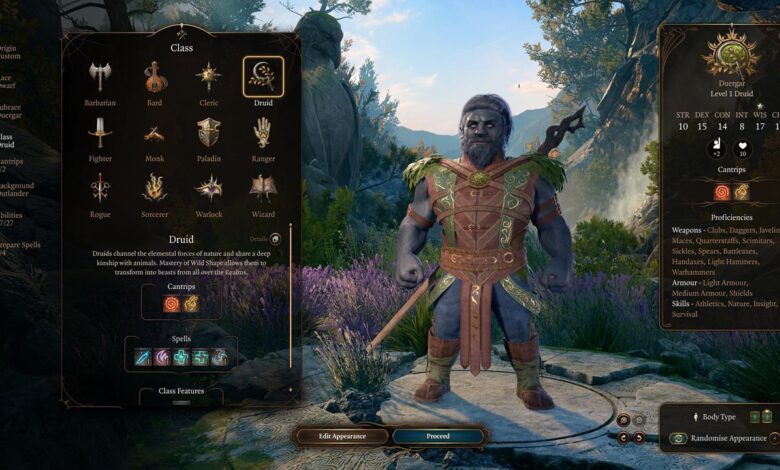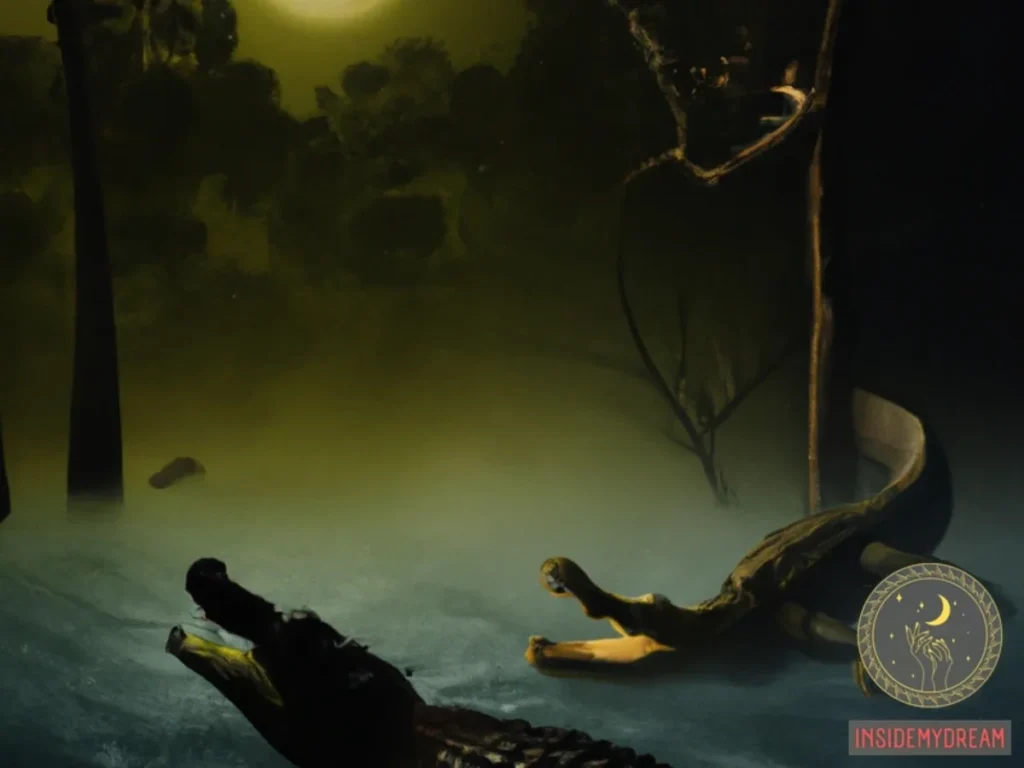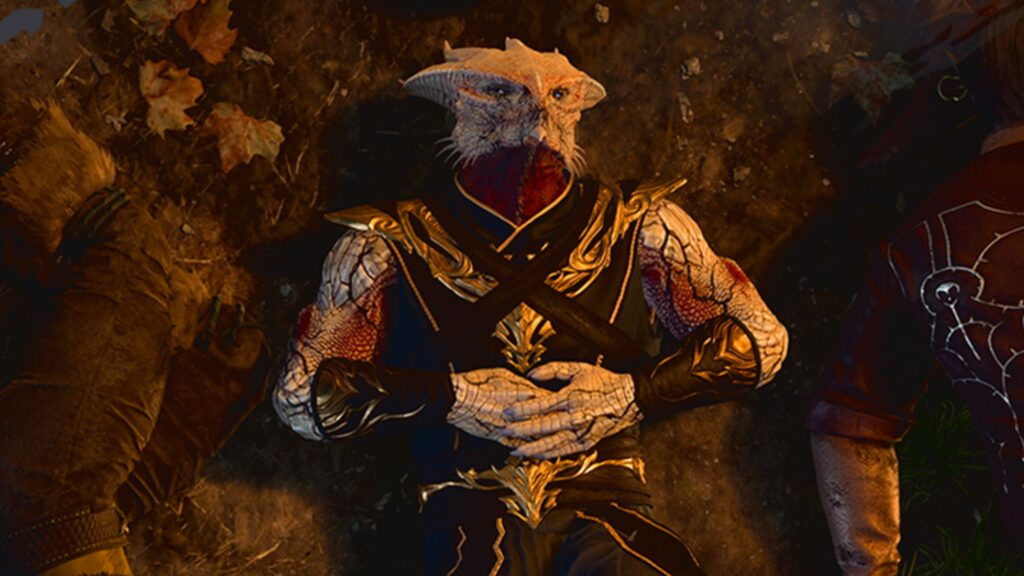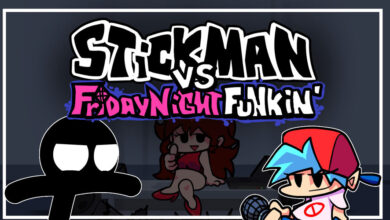Unraveling the Mystery of Wyll meaning A Deep Dive into Its Origins and Modern Significance

Wyll meaning term will might strike many as an archaic or even unfamiliar word, but its roots run deep in the history of the English language. Often encountered in old texts, poetry, or regional dialects, will carries a rich tapestry of Wyll meaning and cultural significance. While it may seem obscure today, understanding its journey from Old English to modern usage reveals fascinating insights into how language evolves. This article explores the historical roots, linguistic nuances, and contemporary relevance of will, shedding light on why this word captivates linguists, writers, and language enthusiasts alike.
The Historical Roots of Wyll meaning

To grasp the Wyll meaning, we must first travel back to its origins in Old English. Derived from the Proto-Germanic word weljaną, which means “to wish” or “to desire,” wyll originally conveyed a sense of intention, volition, or strong purpose. In Old English manuscripts, it was often used interchangeably with will, reflecting the fluidity of spelling before standardized orthography. For instance, Beowulf and other Anglo-Saxon texts, will appear in contexts that emphasize determination or fate, such as “þæt wyrd ne will” (“that fate does not will”).
Wyll meaning Over time, as Middle English emerged, the spelling and usage of will began to shift. By the 14th century, the word had been mainly replaced by will in most written works, though regional dialects preserved their form. The semantic core of will—its association with desire and resolve—remained intact, but its phonetic structure evolved. Linguists attribute this shift to the Great Vowel Sound changes and the influence of Norman French, which reshaped English vocabulary and pronunciation. Despite these changes, will persist in certain literary and oral traditions, serving as a linguistic relic of England’s medieval past.
Wyll meaning in Contemporary Language
In modern times, the well-meaning has taken on new dimensions, particularly in niche communities and creative circles. While it no longer holds a place in everyday conversation, will occasionally surface in poetry, fantasy literature, or historical fiction as a stylistic choice to evoke an archaic or mystical tone. Authors like J.R.R. Tolkien and George R.R. Martin, known for their world-building, have drawn inspiration from Old English terms like will to craft fictional languages or lend authenticity to their settings.
Beyond literature, will enjoy a subtle resurgence in digital spaces. Online forums, social media groups dedicated to linguistics, and role-playing communities often resurrect archaic words to enrich their vernacular. For example, in gaming or fantasy-themed subcultures, wyll might be used to name characters, spells, or locations, embedding it with symbolic weight. This revival highlights how language adapts to serve contemporary creativity, even as it honors historical roots.
Cultural and Literary Significance

The cultural resonance of will extends beyond its linguistic function. In medieval literature, it frequently symbolized the tension between human agency and divine predestination. Poems and religious texts of the era grappled with questions of free will, often personifying Wyll as a force that could align with or defy cosmic order. This duality made the term a powerful metaphor in allegorical works, where characters’ struggles mirrored philosophical debates about choice and destiny.
In modern media, wyll has been reimagined to suit new narratives. For instance, in neo-pagan and Wiccan communities, the word is sometimes adopted into rituals or incantations, where its historical gravitas adds depth to spiritual practices. Similarly, musicians and visual artists have incorporated wyll into album titles, lyrics, or installations, using its archaic charm to challenge audiences’ perceptions of time and meaning.
Linguistic Analysis of “Wyll”
From a linguistic standpoint, wyll offers a compelling case study in phonetics and morphology. The transition from wyll to will involved both vowel shortening and consonantal simplification, common trends in the evolution of English. Phonetically, the elongated “y” sound in wyll (pronounced closer to “weel”) gradually flattened into the shorter “i” sound of will. Morphologically, the double “l” in wyll likely stabilized into the single “l” as scribes sought to streamline spelling during the Early Modern English period.
Comparative analysis with cognates in other Germanic languages further illuminates its journey. For example, the Old High German wellen and Old Norse vilja share the same Proto-Germanic root as wyll, yet each evolved distinctively based on regional linguistic pressures. Such comparisons underscore how a single word can fracture into multiple forms across languages, shaped by cultural and historical currents.
The Resurgence of Archaic Terms in Modern Vernacular
The renewed interest in words like wyll reflects a broader trend of reviving archaic language in the 21st century. This phenomenon is driven partly by nostalgia and partly by the desire for novelty in an era of information overload. As people seek to connect with the past or stand out in digital communication, terms once deemed obsolete regain relevance. Platforms like TikTok and Instagram have even seen influencers coin “Old English challenges,” where users incorporate terms like wyll into modern slang.
Moreover, academia plays a role in preserving and recontextualizing such words. Universities offering courses in historical linguistics or medieval studies ensure that terms like wyll remain subjects of scholarly inquiry. By analyzing their usage patterns, researchers gain insights into societal values, cognitive frameworks, and the interplay between language and identity across eras.
FAQs About “Wyll”
Q: What does “wyll” mean?
A: Wyll is an archaic English term meaning “will,” “desire,” or “intent.” It originated in Old English and was commonly used before evolving into the modern word will.
Q: Is “wyll” still used today?
A: While not part of standard English, wyll appears in historical texts, regional dialects, and creative works like fantasy literature. It’s also embraced by niche communities online.
Q: How is “wyll” pronounced?
A: Historically, wyll was pronounced with a long “y” sound, similar to “weel.” Modern enthusiasts often use this pronunciation to maintain its archaic flavor.
Q: Why do authors use “wyll” instead of “will”?
A: Writers may choose wyll to evoke a medieval or mystical atmosphere, enhance world-building, or pay homage to the linguistic heritage of English.
Q: Can I use “wyll” in everyday conversation?
A: While unconventional, using wyll could add poetic or historical nuance to your speech. However, be prepared to explain its meaning to unfamiliar listeners!



